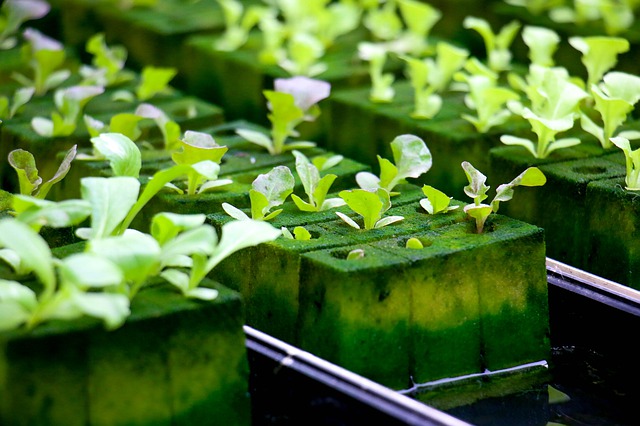Globally, different days are set aside to remind and educate the world on some of the pressing issues humanity faces. From the world environment day to children day, to the International women day; events and awareness on pertinent issues take place annually. However, the beckoning question remains, what has been the impact? Does it in the long run influence behavioural change, and has it reached the grass root?
Unfortunately, what has made a significant impact on African lives and source of livelihood is our changing climate. Climate change is an issue that needs urgent attention as it affects everyone in the world. But as the climate change movement and advocacy gained traction all over the world in the last year, a pandemic struck Planet Earth and has changed human approach to activities since its arrival.
As Late Martin Luther King once said, we must accept finite disappointments, but never lose infinite hope.
The COVID-19 Pandemic has affected developed, developing and undeveloped nations in ways that were previously beyond imagination. The Pandemic has somewhat helped in reducing carbon emissions through dwindling manufacturing activities and nearly nonexistent international travels. All of this has given a boost to the campaign to keep global temperature below 1.5 degrees from pre-industrial levels. However, the pandemic has had far more reaching consequences on food security and livelihood.
The human instinct to adapt to prevailing situations has largely coax nations and individuals alike, to take a gaze inward and seek for flexible and sustainable ways to live through this undoubtedly trying time. Many across the globe have lost their primary source of income as organisations and corporations round the world continue to downsize their workforce to make way for profitability. The current gloomy situation has, however, provoked the ingenuity of numerous citizens to produce homegrown food from home gardens to alleviate household hunger.

In Nigeria and other African countries that have a very youthful population, the youth; who are the worse hit from this pandemic must be empowered to drive the recovery process. Primarily through innovative agriculture and aggressive promotion of home gardening as a tool to curtail starvation and increase resilience to the crisis and further forestall social vices perpetrated by young persons. The United Nations Secretary-General, António Guterres has warned: “Our food systems are failing, and the COVID-19 pandemic is making things worse”. The state of our food systems has been a cause of grave concern in recent times; now all hands must be on deck!
By Rafiat Sule and Ogho Udoko
